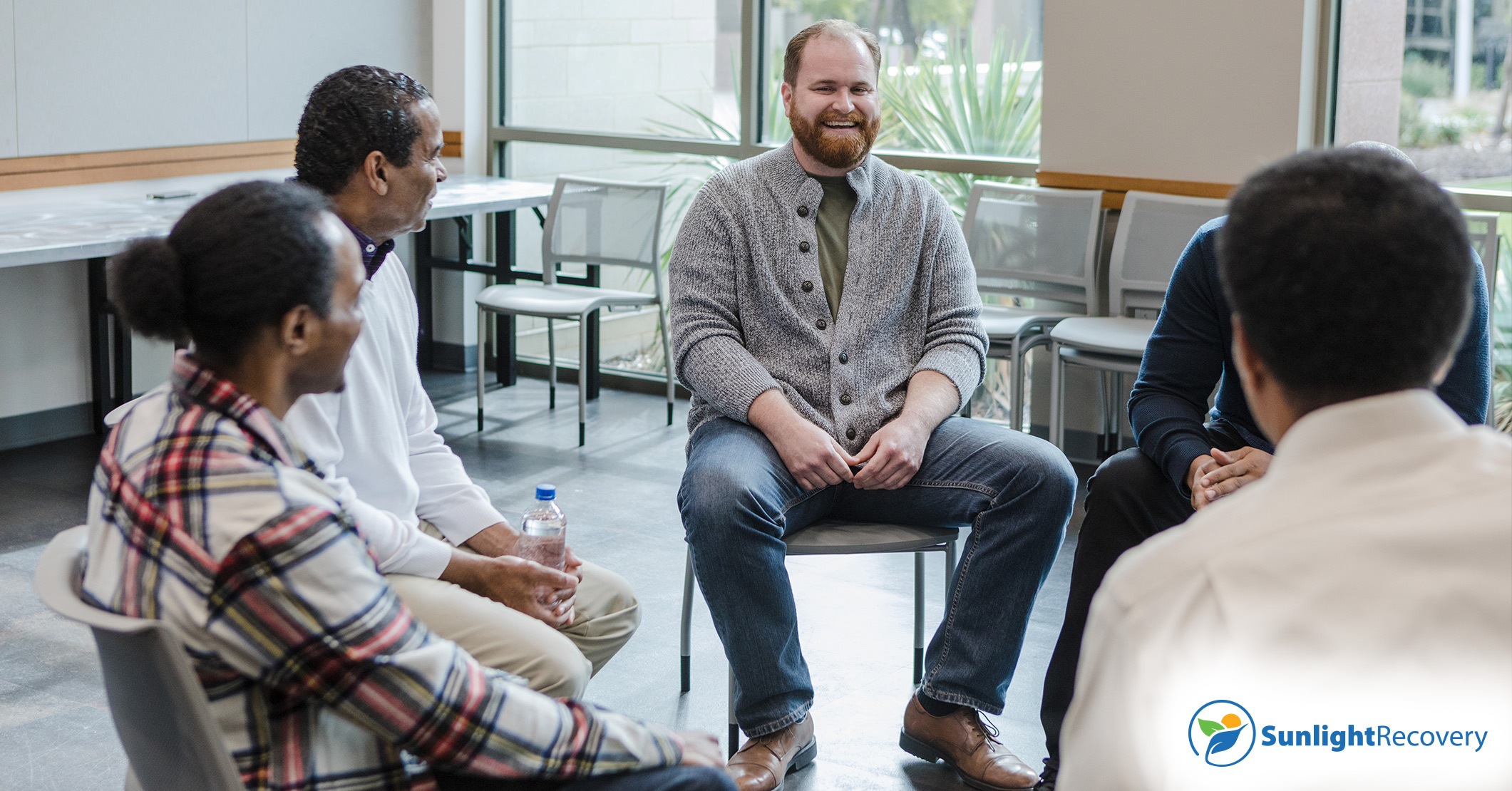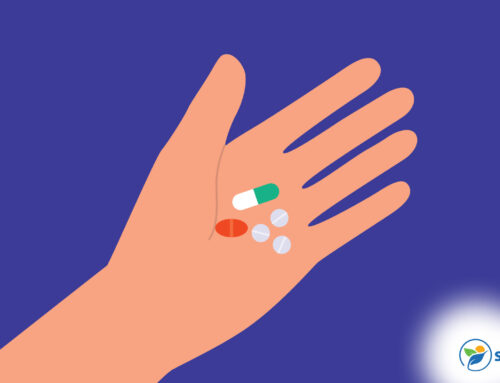Leaving residential treatment after receiving around-the-clock care for weeks or months can seem daunting. In treatment, support is always available, but once you return to your life and daily activities like work and school, help isn’t always available. You’ll need to build a strong recovery support system to get you through the tough times and prevent relapse. Continue reading to learn more about healthy recovery support systems and how to foster these relationships.
Key Components in Recovery
Recovery is a continued state after rehabilitation in which a person returns to a healthier way of life while avoiding relapse. There are four major components to a successful recovery.
- Maintaining your physical and emotional health. This includes managing your symptoms and making good choices toward your fitness goals and emotional well-being.
- Where you live. Having a stable and safe place to live is vital in recovery.
- Your purpose. Define what you want in life and what you plan to achieve.
- Recovery support system. Build a network of professionals, family and friends to support your new way of life.
Identifying Your Recovery Support System
It’s not uncommon to feel isolated and lonely once you leave treatment because the people you once turned to are usually the ones who encouraged your drinking or drug use. Building a healthy recovery support system can help you maintain your sobriety. Choose people who are supportive of your recovery. Select individuals who are reliable and caring and have the same values and beliefs. Your support system includes anyone who helps you stay on the correct path. Examples include:
- Counselors or psychiatrist
- General practitioner
- Treatment center
- Family members
- Friends
- Peer groups
- Coworkers
- Church groups
The Roles and Responsibilities of Support System Members
Support system members have different roles in your recovery. Their main goal is to assist you throughout your journey. Most treatment centers provide aftercare services, which include direct support from counselors, clinicians and psychiatrists, and they have important responsibilities.
Emotional Support
Recovery can produce many emotions, such as sadness, anger, loneliness, fear, frustration and depression. Sharing these feelings with others is one way to work through them and allow them to pass. Because your support system contains multiple people you trust, you should have several individuals you can confide in on issues that upset you. Talking it through can help you gain new insights into your problems and help you release built-up tension and identify solutions.
Positive Influence
When you’re struggling with addiction, you may withdraw from family and friends who don’t understand your destructive behaviors. As you recover, these same people can provide a positive influence. Choose sober friends who pursue a happy life without drugs or alcohol. Follow their lead and opt for a healthier way of life, including daily exercise, meditation, attending worship services and spending time with family.
Physical Assistance
Physical help may include accompanying you to appointments or having someone who can babysit or pet sit to help you free up personal time for group meetings and therapy. You may also need to call on someone to help you move to a safe location, provide transportation or serve as a personal planner to help organize your week.
Emergency Aid
An emergency contact is someone who’s available when you’re facing triggers or intense drug and alcohol cravings. They can pick you up when you’re at an event where drinks are being serving and you’re tempted to sway from your new lifestyle. Emergency contacts offer a safe space when you’re at your weakest moments in recovery.
Nurturing Healthy and Sustainable Relationships
Studies have shown that individuals struggling with substance abuse have a smaller network of friends than those without a substance abuse disorder. Learning how to foster healthy relationships that aren’t centered around drugs and alcohol may be challenging for some, especially when you’ve withdrawn from others in the past.
Practice Positive Affirmations
Start with yourself through forgiveness and self-acceptance. Practice positive affirmations and learn your value. The more respect you have for yourself, the less you’ll tolerate toxic and unhealthy behaviors from others.
Establish Trust
Trust is the cornerstone of all healthy relationships and is accomplished through open communication, sharing thoughts and feelings, setting boundaries, taking accountability for past mistakes and keeping your promises. If you’re reestablishing a relationship with someone you hurt in the midst of your addiction, ask forgiveness and be patient.
Communicate
Communicate how you feel, and listen when others need to express themselves. Talking things out helps you get what you need and stay connected in the relationship. Without communication, all relationships eventually fail.
Spend Time Together
Schedule regular time together. Go to dinner or attend a local event, exercise outdoors, visit a local museum or other local landmark, volunteer your time together or plan a weekend trip.
The Ongoing Importance of Self-Care in Recovery
Addiction can affect both your physical and mental health. Along with your support network, you need to arm yourself with coping strategies through self-care and learn how to live a healthier lifestyle. Self-care helps you prioritize your recovery.
Regular Exercise
According to the Centers for Disease Control and Prevention, healthy adults should get at least 30 minutes of exercise 5 days a week. Exercise releases endorphins, which help relieve stress, increase your energy and improve your overall health.
Adequate Sleep
Adults aged 18 and older should get at least 7 hours of sleep each night. Your body is in healing mode when you’re sleeping, which is necessary when it’s recovering from addiction.
Proper Nutrition
Individuals struggling with substance abuse often neglect their nutrition by skipping meals and relying on snacks and fast food for sustenance. A diet high in protein, complex carbohydrates, dietary fiber and healthy fats can improve your odds of recovery.
Meditation
Meditation is an excellent coping mechanism. It helps quiet the mind, reduces anxiety and panic attacks, improves concentration and provides a way to contemplate negative thoughts and behaviors.
New Hobbies
Engage in new hobbies and interests. Join a book club, start journaling your thoughts and feelings, sign up for an art class or join a bowling league. Hobbies can keep you busy, eliminate boredom and provide a sense of accomplishment.
Seeking Help for Addiction
If you or someone you love is struggling with substance abuse or addiction, contact Sunlight Recovery for help. We assist with all stages of addiction, including aftercare.






